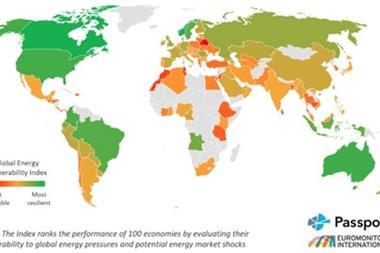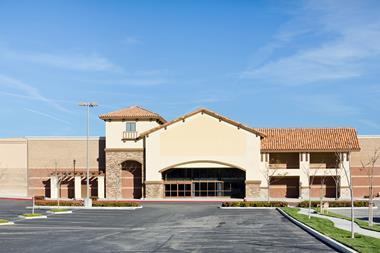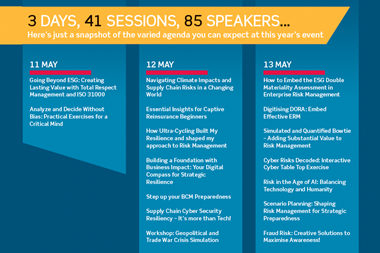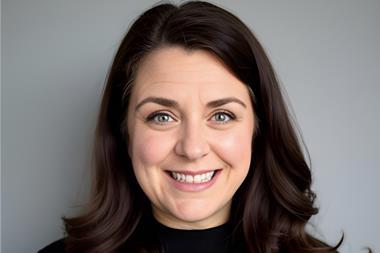Risk management is becoming an issue at every level, from corporations to countries, thanks to new laws that require chief executives and finance directors to take personal responsibility for annual reports with statements of risk disclosure, believes Thierry van Santen, president of the Federation of European Risk Management Associations (FERMA) and director of risk management for Groupe Danone in France.
The risk manager, he says, is no longer alone. "The board really has to think about the risk issues. The techniques are there to manage them, and it is well proven that risk management provides competitive advantage, but it is not well organised in most companies. The typical organisation structure means that there is not enough overview."
Risk management communication with the board and with stakeholders is, therefore, one of the topics for the biannual meeting of the FERMA Forum, which takes place in Rome from 5-8 October 2003. Van Santen wants FERMA to be at the cutting edge of this development, giving risk managers the broad view of the value of risk management techniques and the ability to communicate them to senior management and the rest of the organisation.
The programme for this year's Forum has been designed with these concepts in mind: a broadening of horizons combined with innovations to develop practical applications. Van Santen sees distinctive roles developing between strategic risk management and risk transfer, and wants FERMA to support both types of risk manager.
The chairman of the scientific programme for the Forum is former risk manager and executive director of the UK's AIRMIC, Ina Barker. She says that risk managers who are attuned to the widest spectrum of risks recognise the ones that threaten their own organisations and know how to deal with them, giving them the opportunity to prevent disasters, both large and small.
The theme of the Forum is 'Response to uncertainty: risk management in action'. Barker says that the events of September 11 have heightened awareness of uncertainty. It has always existed, she says, but now we have to respond to it much more quickly.
Her aim for the Forum is that it will get risk managers to think, not just about the technical aspects of their work, but with a broader overview of managing risk in the widest sense. The first keynote address will, therefore, be on the subject of 'a world of hope, where justice, solidarity and freedom are possible,' and the speaker will be Riccardo Petrella, who is a professor at the Catholic University of Louvain in Belgium, where he lectures on globalisation.
Secondly, she wants risk managers to be able to take away knowledge, tools and skills that they find practical and valuable to implement in their own organisations. To this end there are lightning classes – all you need to know in 60 minutes – on subjects that will help risk managers enhance their effectiveness, such as understanding balance sheets and optimising presentations to the board. Workshops cover topics such as managing supply chain risks, outsourcing services and captives.
Format innovations
Barker says another objective is to encourage more active participation by introducing new types of event. Some of these ideas include:
According to Roberto Bosco, chairman of the Forum and president of the Italian risk management association ANRA: "The business game, the master class and new items of discussion are evidence that each of us is looking forward to developing new skills, and meeting in a professional way the challenges and opportunities of a volatile insurance market and uncertain financial world."
Van Santen acknowledges that risk management alone is not the solution to the uncertainty facing the world today. Nevertheless, better risk understanding, better risk awareness, a proactive risk management policy at every level, from individuals to businesses and governments would help address most of the issues we are facing today.
For the Forum, he has lofty ambitions: "Sharing ideas, sharing experiences, sharing new concepts to make social and business life more successful and secure, in other words to make a better world. That is the aim of the Forum."
Alison Craig is a risk management and insurance writer



















